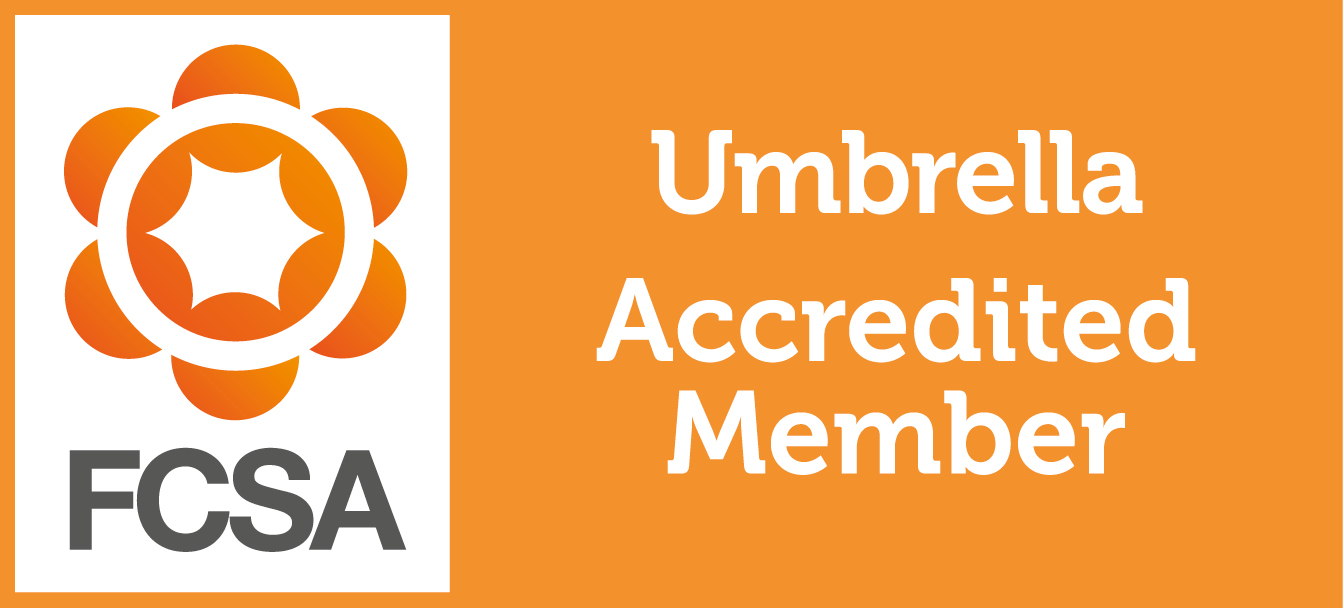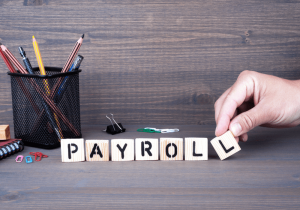Construction workers and other tradespeople such as plumbers, builders, electricians and joiners registered to the Construction Industry Scheme (CIS) may be eligible for a tax refund.
If you’re a subcontractor doing construction work for a contractor as a sole trader, you need to file a Personal Tax Return (self-assessment) at the end of each tax year.
This declares your earnings and any deductions that have been made to your pay through the CIS, as well as any expenses you are claiming for the tax year.
If you use a CIS payroll provider, we can support you in completing a CIS tax return.
If you’ve overpaid on tax, you may be eligible for a tax refund.
Firstly, you need to be registered to the Construction Industry Scheme and have a Unique Tax Reference (UTR) number. This way either your contractor or CIS payroll provider will make 20% deductions to your gross pay to cover your income tax and National Insurance deductions up front.
At the end of the tax year, you need to have a CIS tax return completed. This is the same as a Personal Tax Return and will declare all of your CIS deductions. Again, you need a UTR in order to complete a Personal Tax Return
If you’re due a CIS tax refund, HMRC will pay you back. There is nothing you need to do to facilitate this.
If you have a CIS limited company, you would need to fill out a CIS repayment claim form online.
In some cases, you may decide to claim a tax refund before the end of the official tax year – 5 April – via a CIS40 form. This may be if your business’ accounting period ends before the end of the tax year, for example.
To do this, your payroll and accounting needs to be up to date, and your profit known. You should also have paid all the required tax and National Insurance you will owe for the year before making a claim on a CIS tax return form (CIS40).
It may be easier to wait until the end of the tax year as you need to make sure you have been deducted the correct amount of tax through the CIS. This is where your CIS payroll provider comes in.













